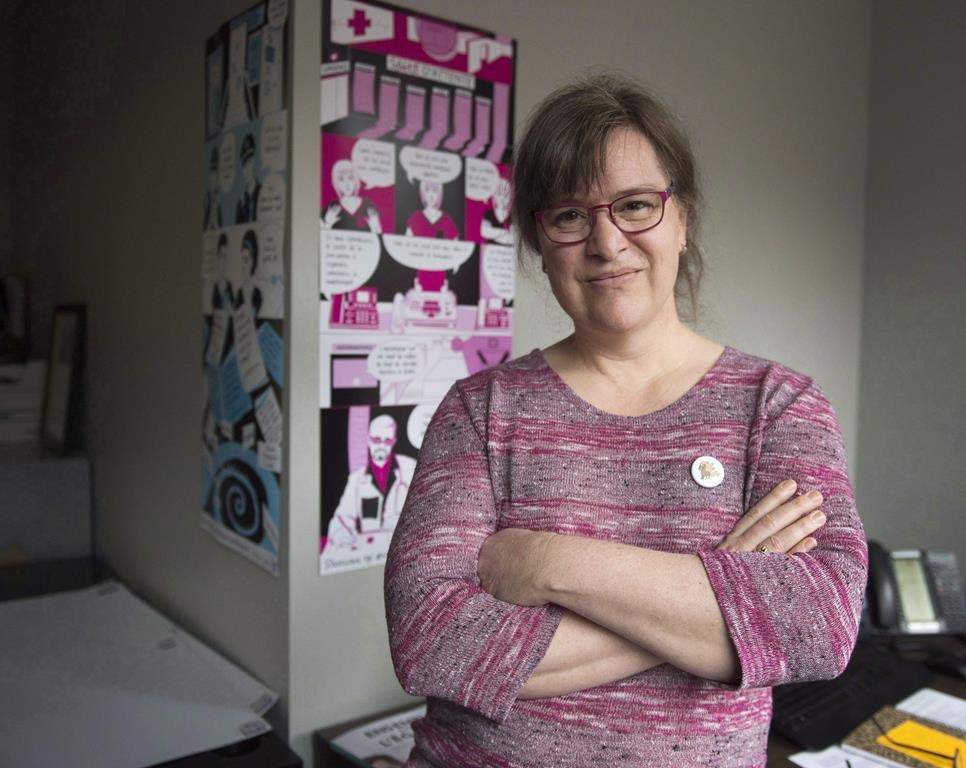Members of Quebec's most prominent women's group are divided over whether to acknowledge prostitution as a freely chosen career and whether to support all Muslim female public servants who choose to wear a hijab at work.
About 150 representatives from Quebec's main feminist federation adopted a motion Sunday night recognizing that women can choose to become sex workers and can consent to sexual activity in exchange for money.
Prostitution abolitionists, who believe all sex work is necessarily exploitative, are now questioning whether to remain in the organization.
Gabrielle Bouchard, president of the Federation des femmes du Quebec, said on Monday the "large majority" of voters at the group's general assembly supported the motion, "but some people were upset."
The motion, in part, read: "The (federation) recognizes that women have agency within the prostitution/sex industry, including the ability to consent to the industry's activities."
Some thought the motion didn't go far enough in its support for sex workers, while others thought it went too far, Bouchard explained in an interview.
"Some people were upset, some people were confused," she said. "But for a large majority of members who voted, it was clearly a position that brings us together and gives us tools to move forward."
Martine Cote, a spokeswoman for CLES, a Montreal-based group seeking to abolish prostitution, said in a text message Monday that her group will ask members whether they want to remain in the federation following the controversial vote.
Cote's organization didn't respond to an interview request, but it has been vocal in the past on the need to eliminate prostitution.
The group's website states, "the source of prostitution is the demand created by men who give themselves the right to buy and sexually exploit women and children."
It calls for "a world free from prostitution and all other forms of sexual exploitation."
Bouchard said members were also split on a motion supporting all Muslim public servants who wish to wear a hijab at work. The vote was postponed, she said, because members wanted more information.
The federation's current position — adopted in 2009 — says public servants in positions of authority should be prohibited from wearing conspicuous religious symbols on the job.
That internal discussion reflects a wider debate in Quebec society over the secular nature of the state.
Quebec's new government has promised legislation prohibiting public employees in positions of authority, such as judges, police officers and teachers, from wearing religious symbols on the job.
The proposal has been criticized by civil-rights groups who say it targets Muslim women and violates their right to freedom of religion.
Bouchard said her federation, which is composed of women's groups from across the province, is hoping to vote on the hijab motion by its next assembly in May.





Comments